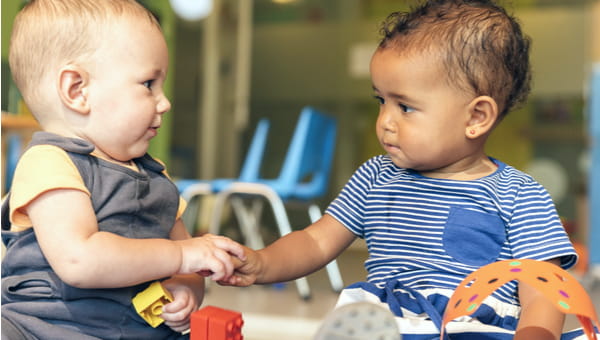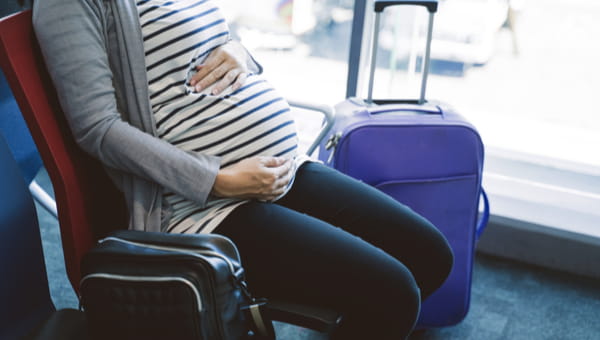Tips for Choosing Childcare
You can’t stay at home with your baby forever. Sooner or later, you’re going to have to figure out who’ll watch your precious bundle of joy when you leave the house. Family day care, formal childcare center, in-home care? There’s lots to think about…Where to start
There are no federal standards for day care centers, and the licensing and regulations vary from state to state. Look for a licensed facility, since they’re required to meet high standards. Some states offer quality ratings; obviously, try to find a highly rated facility.
- Ask your pediatrician or primary care provider.
- Ask family and friends, neighbors and co-workers.
- Look online for quality childcare options.
What type of childcare is best?
It's especially important that baby's first caregivers be warm and responsive, and that even in group care, infants get a healthy dose of one-on-one time. The American Academy of Pediatrics recommends a ratio of one adult for every three babies up to 24 months of age, but these ratios can vary by state. Consider researching the required ratios for each type of childcare you’re considering. Types of arrangements can include:
- Childcare centers
- Non-relative care by nannies, friends or neighbors (in the child's home or a family childcare home)
- Care by a relative
If you're looking at an in-home caregiver, ask the person you're considering if they’ll make a one-year commitment. If you're considering a center, find out how long the current caregivers have been working there and how much turnover the center usually experiences.
Check it out
- Ask questions. How do they get fussy babies to sleep? How are feedings handled? What is the sick child policy? Find out the health and safety policies and procedures. A reputable day care center will be glad to share its policies on everything from immunizations to handwashing and diaper changing.
- Be sure that each adult has had a background check and is certified in CPR and first aid. There should be regularly practiced emergency plans for fires, flooding and other natural disasters. The more questions you ask, the less likely you’ll be unpleasantly surprised later.
- Any childcare environment should be clean and childproofed. When older children share the space, toys with small parts (choking hazards) should be kept away from younger babies. Ideally, infants and babies should have their own area where they won't get "loved" too much by older toddlers. If possible, try to visit the same centers at different times of the day to get a sense of how the staff interacts with the children and what the routine is.
- Make sure you and the caregivers can communicate with each other. When you bring your baby in, you should talk about how your little one slept the night before, if he’s teething, whether he ate breakfast, etc. When you pick him up, you'll want to know similar information, such as the number of diapers he went through, when he napped, and if he seemed happy overall.
- If you’re considering a family childcare provider (a provider who cares for several children in their home), be sure to triple-check about safety policies. Center-based care isn’t necessarily better than home-based care, but family childcare providers are less strictly regulated.
- Trust your gut. If something feels off or not quite right, it’s not the place for you and your baby.
Find a Pediatrician near you.




